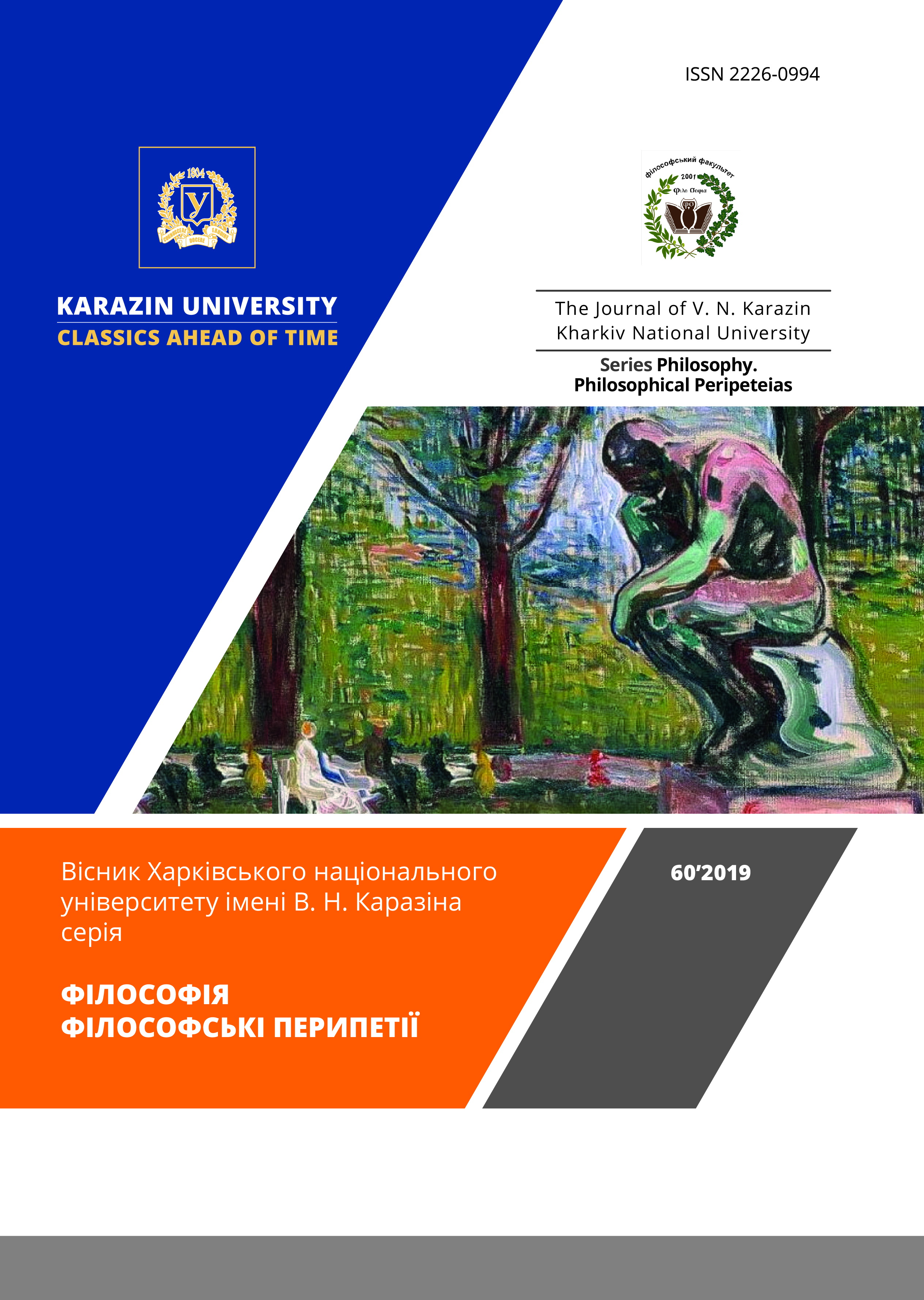CURRENT PROBLEMS OF THE PHILOSOPHY OF EDUCATION
Abstract
In the article the necessity of the definition of non-academic education as an unusual phenomenon of the modern educational world is considered. Requests for lifelong learning are becoming more and more relevant and reflect not only the need but also the reflection of the country’s stability, because education is a mainstay of the social, professional and social sectors. A specialist can meet the fast-moving demands of the labor-market only when he is able to continuously study and optimally use the accumulated educational capital. In the education system, there should be opportunities for unforeseen education, which must meet the newest needs of the economy. Life-long learning becomes a necessary and increasingly important element of contemporary educational systems, where non-academic education is increasingly playing a role, in most cases, through self-education of citizens. Non-academic education is determined by the organization of systematic studies of the nature of modern knowledge as a specific type of philosophical reflection, which can be defined by the categories of activities in education. It implies improving the quality of the professional training of those who are studying on the basis of the widespread use of information and communication technologies, the formation of their skills and skills in electronic simulation. Formed effective stereotypes of thinking and behaviour require an understanding of the essence of education and bringing it to an appropriate effective template that is adapted to the educational field. The development of non-academic knowledge, unlike academic, takes place at the personal level and forms the need for the personality to be realized in public life, raising the level of mass consciousness, transforming abstract knowledge into practical. It relates to those curricula that are outside the academic formal education system. That is, non-academic education is independent of state programs of education, helping a person in a short time to translate a dream into a professional plane.
Downloads
References
Boshuizen, H., Bromme, R., & Gruber, Н. (2004). Does Practice Make Perfect? A Slow and Discontinuous Process. In W. H. Gijselaers, P. A. Henny & H. P. Boshuizen (Eds.), Professional Learning: Gaps and Transitions on the Way from Novice to Expert (pp. 73–93). Dordrecht: Kluwer Academic Publishers.
Cohen, L., & Morrison, L. (2007). Research Methods in Education. London and New York: Routledge.
European Commission. (2013). Growth, Employment and Competitiveness in a Knowledge Society. In Scientific Evidence for Policy-making. Research Insights from Socio-economic Sciences and Humanities. Retrieved from https://publications.europa.eu/en/publication-detail/-/publication/040dc20c-51f6-4630-a8be-ce16c95aef12/language-en/format-PDF/source-100102754.
Korchagina, L. M. (2008). Life-long Learning as a Priority Trend in the Modernization of Education Management in Ukraine. Theory and Practice of Public Administration, 3 (22), 326–332. Kharkiv: Publishing House of National Academy for Public Administration under the President Of Ukraine.
Semeijna, J., Veldenb, R., Heijkeb, H., Vleutenb, C., & Boshuizen, H. (2016). Competence Indicators in Academic Education and Early Labour Market Success of Graduates in Health Sciences. Journal of Education and Work, 4 (19), 383–413. London: Taylor & Francis (Routledge).
Sigaeva, L. (2011). Characteristics of the Structure of Adult Education in Modern Ukraine. Bulletin of Zhytomyr State University. Pedagogical sciences, 59, 38–42. Zhytomyr: Zhytomyr State University Publishing House.
Authors who publish with this journal agree to the following terms:
- Authors retain copyright and grant the journal right of first publication of this work under the terms of a license Creative Commons Attribution License 4.0 International (CC BY 4.0).
- Authors are able to enter into separate, additional contractual arrangements for the non-exclusive distribution of the journal's published version of the work (e.g., post it to an institutional repository or publish it in a book), with an acknowledgement of its initial publication in this journal.
- Authors are permitted and encouraged to post their work online (e.g., in institutional repositories or on their website) prior to and during the submission process, as it can lead to productive exchanges, as well as earlier and greater citation of published work.






3.gif)




